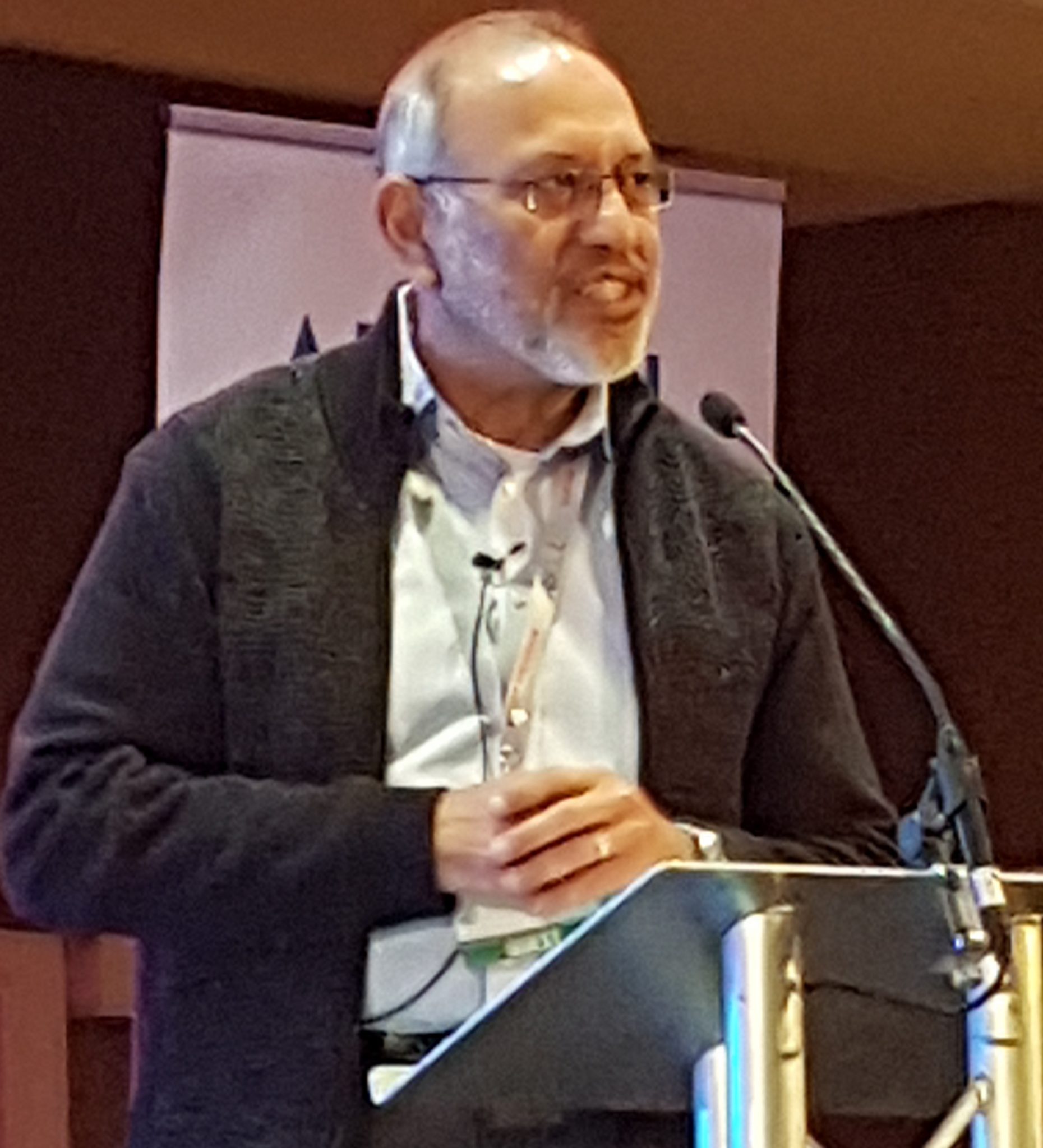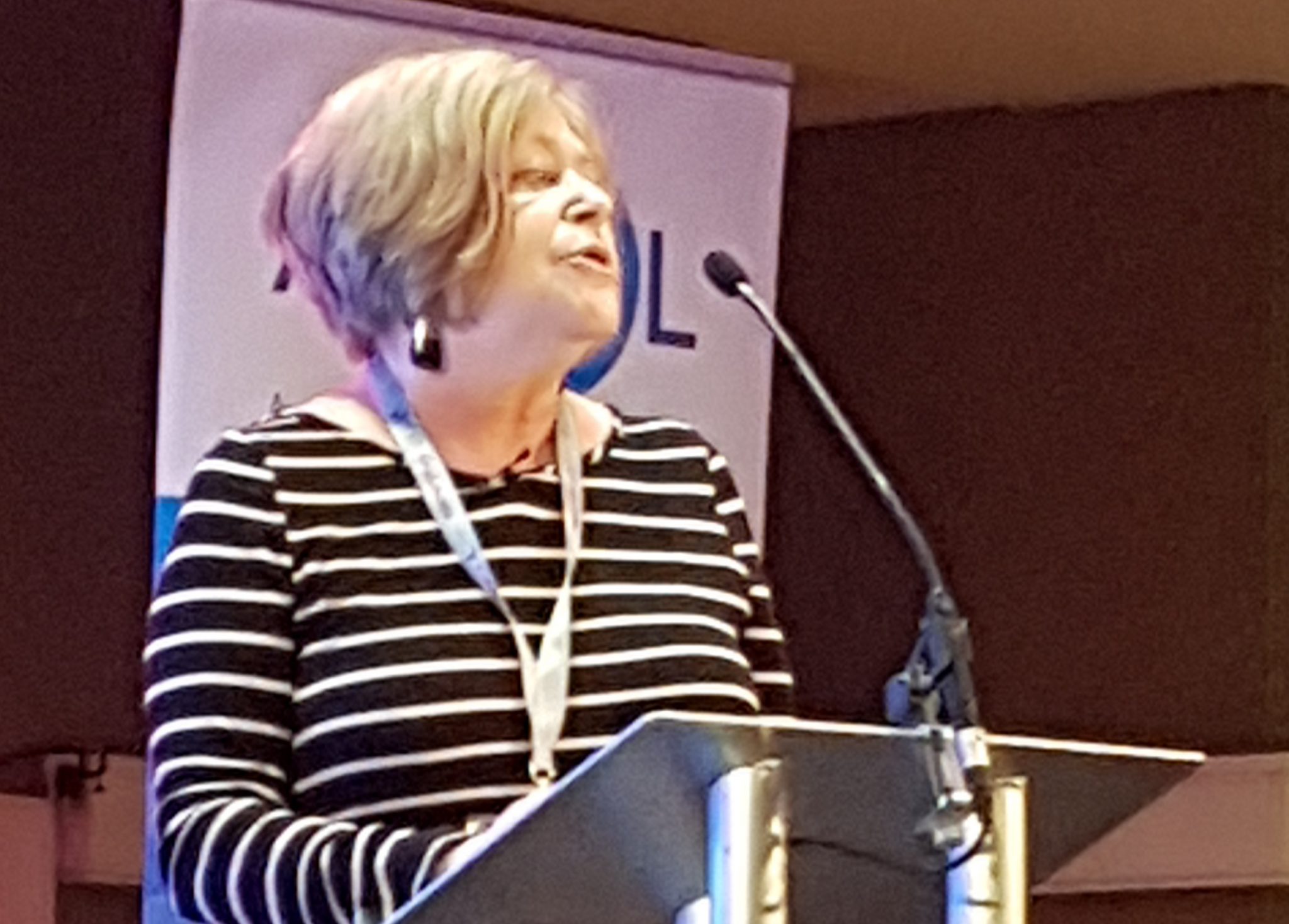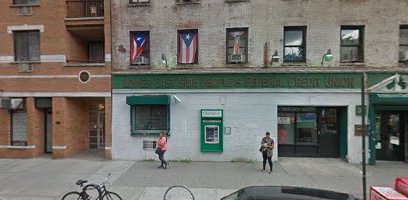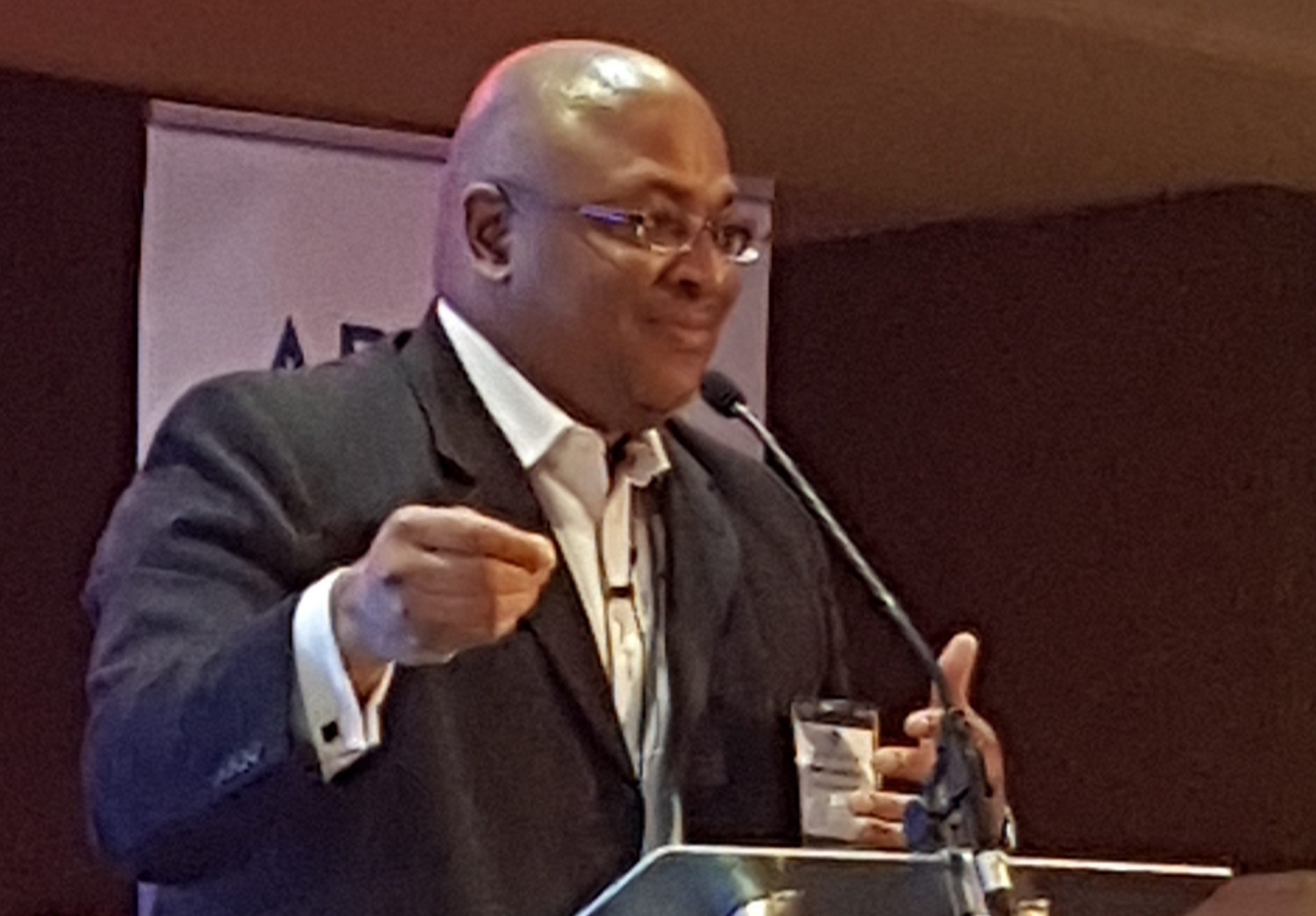Representatives of three US credit unions shared their experience of working with high-risk, low-income customers who have been excluded from the financial system.
Speaking at a session of the Association of British Credit Unions (Abcul) conference in Manchester, they shared insights into maintaining a healthy business while serving poorer customers in a way that assists community development.
Armando Martinez is chief executive of Texas Community Federal Credit Union, which serves lower-income residents in a rural community near the border with Mexico. In 1998, the credit union set out to define its role in working with underserved customers.
“We had to decide, do we help them or try to market to a better niche,” he said. “We realised we needed to pay attention to market, to membership, and stay true to our belief in a non-profit, service ethos – that we were helping people.”

Serving low-income clients means financial risk, he added, which is means it is vital the credit union has the financial strength to build capital and satisfy regulators, and to have the resources to create a trained workforce and effective structure.
“We do risk-based pricing and risk-based lending,” said Mr Martinez. “Regulators don’t like it but this is the type of member that we service. More than 60% of our members are lower income, and high risk. But we have generated earnings and capital so we can serve them.”
He said the credit union’s average loan yield for the year was 9.34%. “When you are serving lower income people are you taking advantage? Not necessarily. They find themselves in bad condition and because of that we have to retrain them … to manage their finance.”
This means a loan will cost, he said, “but at the end of it there are discounts that will reuse their costs – as they go through the process their rates decrease.”
Linda Levy, chief executive of the Lower East Side People’s FCU in New York, told how her credit union has gone beyond providing loans to becoming active in regenerating the community .
Along the way, it picked up some notoriety by suing the Donald Trump administration. “Our credit union is the most hated credit union in the USA,” she told delegates, to applause.
Ms Levy said this crusading spirit is in line with the credit union’s origins; it was created in 1985 by the activist community in Manhattan’s lower east side, a mostly Hispanic neighbourhood which had been abandoned by traditional banks.

Since then it has added branches in East Harlem and Staten Island, along with a mobile branch. “We have grown to over $55m in assets, we are very proud of that. In our 32 years we have loaned over $100m to our members and reinvested in the community.”
Innovations include services for people with ITIN status – immigrants with no legal status or social security number who are still required to pay tax. The credit union is one of the few financial institutions to lend to them.
The credit union also offers solution for private tenants left stranded when landlords default on tax and abandon a property.
“New York city has a lot of this unwanted property,” she said. “But the city doesn’t want to be a landlord.”
Instead, the city authorities repair the buildings and sell the apartments to the tenants at reduced rate so they can run the site as a co-operative. Resale prices restricted, so that apartments cannot be sold on at market rate.
This, said Ms Levy, means “banks don’t want to make loans to the residents because they can’t sell their mortgages on the secondary market and can’t make money by foreclosing from the value of apartment. People do need to borrow – we are the only bank that will lend to them.”
The credit union’s lending policy means the tenants can afford the initial purchase of the apartment and any upgrades that are needed, and has seen the creation of several co-ops.
The credit union also offers small business loans, financial counselling and workshops, loans to “dreamers” – children of immigrants seeking a path to citizenship – youth months. And it has community ambassadors who spread the credit union message.

“What we are about is making sure we get to a point of financial equality in our country,” said Ms Levy. “That is why we ended up suing Donald Trump.”
The row broke out after Trump appointed his budget director Mick Mulvaney head of the Consumer Financial Protection Bureau, which was created under the Dodd-Frank Act in 2010 to protect consumers from unscrupulous financial institutions. The appointment has been condemned as an attack on regulation.
“Mulvaney says he considers the bureau a sick agency and shouldn’t exist,” said Ms Levy. “So we sued Donald Trump, we said you can’t do that.”
But although the credit union found a pro bono lawyer to take on the case, it can’t afford the court costs, so the action is unlikely to proceed further.
The final presentation was from Sherrod Haliburton, chief executive of the Manatee Community Federal Community Union in Florida, who said: “Without you providing people with access to financial products, they would have nowhere to go. We must have a bigger box, create a mechanism to give those people access to financial services, otherwise they fall prey to payday lenders.”

Spreading the credit union message is crucial to this, he added. “One woman said payday lenders were a better option because traditional banks made her feel dumb. That means we are not doing a good enough job of beating our drum.”
This lack of self-esteem means credit unions must work to improve the confidence and creditworthiness of customers, he said. “A loan should not only satisfy their needs, it should also grow their credit score and give them more options later. It’s not just about how do we help them today, it’s about how do we improve their lives in future.
“We moved this woman from having no credit to having an auto loan, a line of credit, a credit card. She felt good about herself. It changed how she viewed her experience. We need to include respect and dignity in all the works that we do.”
This can also bring success, he said. “We went from struggling to profitable in three years – helping those individuals who are less advantaged is the socially responsible thing to do. If you can do it in a smart manner it can be very profitable as well.”
He added: “We are dealing with a population with financial challenges. The downside is, there is risk. It is imperative to create enough profits to protect against large delinquencies.
“We have grown, and given money back through investment in the operation, we’ve hired new people and put resources on line. We have finance education services, we have a community person to go out and work with groups, have brought in tech to serve members, and ATM networks.”